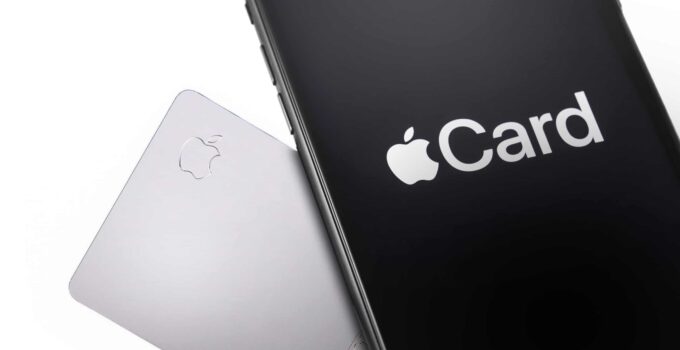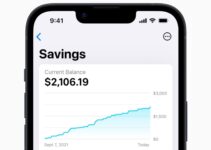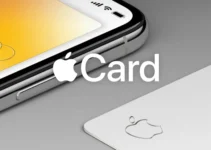Apple Prepares to Part Ways with Goldman Sachs on Apple Card Management. In a significant shift in its financial services strategy, Apple has announced plans to conclude its collaboration with Goldman Sachs in managing the Apple Card. This change is expected to unfold over the next 12 to 15 months. While the future of Apple’s financial partnerships remains uncertain, the tech giant has not yet disclosed if a new alliance is already in the works.
Private Wi-Fi Address in Apple Devices: Safeguarding User Privacy
The termination of this partnership goes beyond the Apple Card. It encompasses the entire spectrum of consumer financial services that Apple and Goldman Sachs have jointly offered, including the Apple Savings account. Despite the impending end of this collaboration, Apple assures its commitment to delivering top-notch services to Apple Card users.
In a recent statement, Apple and Goldman Sachs expressed their continued dedication to providing exceptional customer experiences. They emphasized the success of the Apple Card, which has been well-received by consumers, and pledged ongoing innovation in their services.

Rumors of Goldman Sachs’ intent to withdraw from the agreement with Apple had been circulating for some weeks. This move aligns with Goldman Sachs’ broader strategy to scale back its consumer-focused activities. During this transitional phase, the company reportedly engaged in discussions with American Express about a possible handover, although complexities arise due to the Apple Card’s obligation to operate on the Mastercard network until 2026.
Concerns have also been raised about the financial aspects of the program, particularly the loan loss rates associated with the Apple Card. These issues have reportedly caused hesitation for potential partners like American Express.
Synchrony Financial, renowned for its expertise in store credit card processing, is reportedly considering stepping in to take over the management of the Apple Card. This possibility hints at a new direction for Apple’s credit card services as they navigate this change.
Since its inception in 2019, the Apple Card, developed in collaboration with Goldman Sachs, has expanded to include features like the high-yield Apple Savings account and the Apple Pay Later option. However, the partnership has faced challenges, with Goldman Sachs grappling with customer service issues, including prolonged wait times for disputed transactions and problems with the Apple Savings Account.
These operational hiccups have drawn scrutiny from the US Consumer Financial Protection Bureau, which launched an investigation into Goldman Sachs over customer complaints. This development has reportedly strained the relationship between Apple and the banking giant, with Apple expressing dissatisfaction over the customer service reputation of its financial products.
Goldman Sachs, a newcomer to consumer banking at the time of the Apple Card launch, made significant concessions to secure the deal with Apple. Notably, the bank agreed to forgo the collection of various fees typical in the credit card industry, such as merchant fees, annual charges, late fees, and foreign transaction fees. This unique arrangement sees Goldman Sachs earning revenue solely from loans extended to cardholders who opt for installment payments on Apple purchases.
As Apple considers its next steps, the challenge lies in finding a partner willing to agree to similar terms, given the limited revenue model associated with the Apple Card. This transition marks a pivotal moment for Apple as it redefines its approach to consumer financial services.


